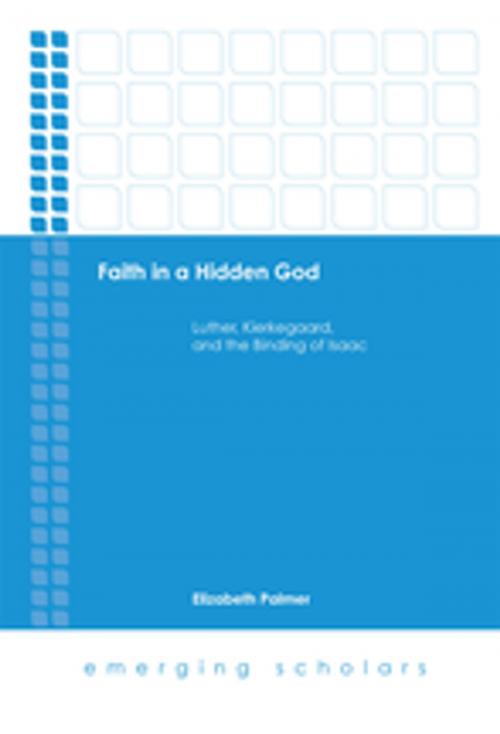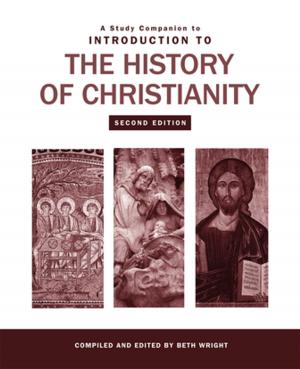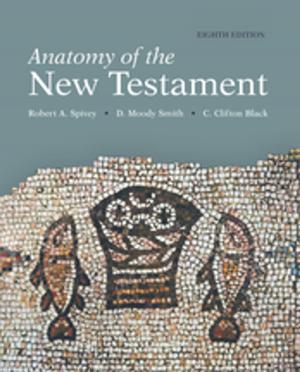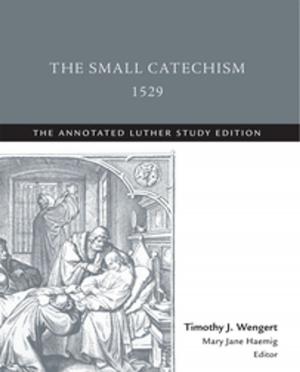Faith in a Hidden God
Luther, Kierkegaard, and the Binding of Isaac
Nonfiction, Religion & Spirituality, Bible & Bible Studies, Old Testament, Criticism & Interpretation, Christianity, Church, Church History| Author: | Elizabeth Palmer | ISBN: | 9781506432748 |
| Publisher: | Fortress Press | Publication: | December 1, 2017 |
| Imprint: | Fortress Press | Language: | English |
| Author: | Elizabeth Palmer |
| ISBN: | 9781506432748 |
| Publisher: | Fortress Press |
| Publication: | December 1, 2017 |
| Imprint: | Fortress Press |
| Language: | English |
The story of the binding of Isaac presents problems and opportunities for people who seek to live faithfully in relationship with a God who surpasses our understanding. This book examines how Luther and Kierkegaard read Genesis 22 in lively ways that both challenge and edify the life of faith. Luther uses the concept of resurrection to sanitize the story of its horror, portraying God as a loving (albeit testing) father and Abraham as a model of trust. Kierkegaard emphasizes the unintelligibility of both God and Abraham, showing that faith--whatever it is--is not easily spoken of. Yet, both interpretations are anagogical: they move their readers in the faith of which they speak. Luther‘s exegesis helps readers flee from the horror of a hidden God toward the comfort of trusting in the mercy of God, promised and revealed through Christ. Kierkegaard‘s interpretation drives readers toward the abyss and leaves them hovering there, on the cusp of faith active in love. At once a history of exegesis and a theological exploration of the meaning of faith in the face of suffering, this book demonstrates how the way we read the Bible is crucial to the life of faith.
The story of the binding of Isaac presents problems and opportunities for people who seek to live faithfully in relationship with a God who surpasses our understanding. This book examines how Luther and Kierkegaard read Genesis 22 in lively ways that both challenge and edify the life of faith. Luther uses the concept of resurrection to sanitize the story of its horror, portraying God as a loving (albeit testing) father and Abraham as a model of trust. Kierkegaard emphasizes the unintelligibility of both God and Abraham, showing that faith--whatever it is--is not easily spoken of. Yet, both interpretations are anagogical: they move their readers in the faith of which they speak. Luther‘s exegesis helps readers flee from the horror of a hidden God toward the comfort of trusting in the mercy of God, promised and revealed through Christ. Kierkegaard‘s interpretation drives readers toward the abyss and leaves them hovering there, on the cusp of faith active in love. At once a history of exegesis and a theological exploration of the meaning of faith in the face of suffering, this book demonstrates how the way we read the Bible is crucial to the life of faith.















